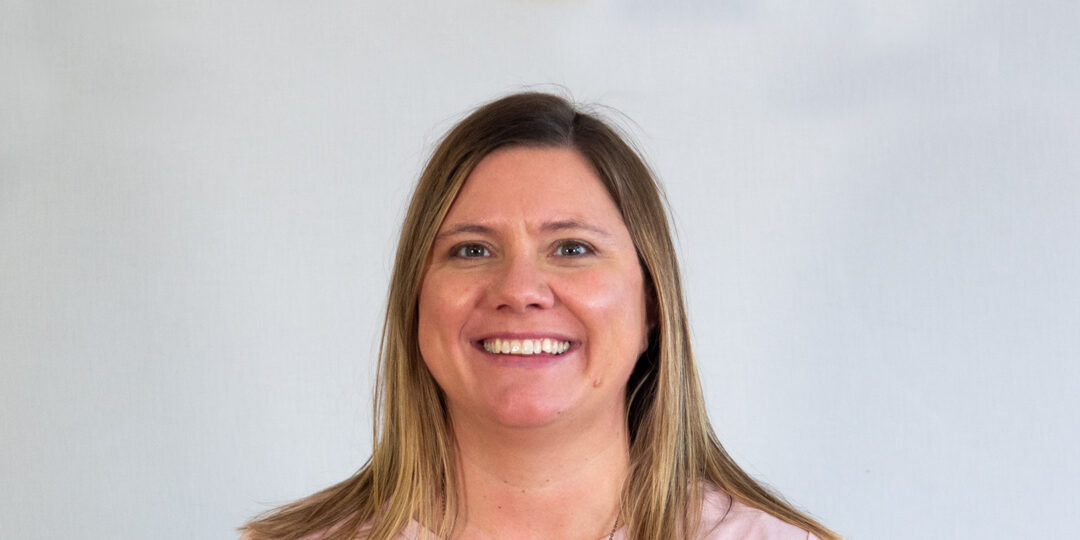
Medical Services Manager, NorthLakes Community Clinic
“Have you had your colonoscopy yet?” This is the phrase that most middle aged humans hear during their yearly wellness visit. Have you ever wondered why this is always asked? When looking at deaths related to cancer, colon cancer is the third leading cause in this group. In 2018 alone the rate of colon cancer went up 31 percent. If colon cancer is caught early enough, the patient’s prognosis improves. That has led the U.S. Preventive Services Task Force or USPSTF, the group that sets colon cancer screening guidelines, to lower the screening age from 50 years of age to now 45 years of age.
In other words, 45 is the new 50. Regardless of risk factors, a patient should start screening at the age of 45 for colon cancer. Early detection means early treatment and longer life expectancy. Patients that have risk factors should continue with a colonoscopy. These risk factors are family history of colon cancer mainly a parent, sibling, or child. Other risk factors are a personal history of colon cancer, history of polyps greater than 1 cm, history of chronic ulcerative colitis, and crohn’s disease that has been present for 8 years or longer (U.S. Preventive Services Task Force). Obesity, smoking, and alcohol are also risk factors and patients should consult their provider on the best screening tool. If a patient does not have any risk factors they can turn to the screening tool called cologuard.
What kind of screening can be done for colon cancer? When people think of colon cancer screening they first word that comes to mind is colonoscopy. What if your provider told you that there was a different option that you could do right in your home. Guess what? There is.
The FDA has approved a screening tool called Cologuard. Cologuard is a kit that can be prescribed by your local provider that allows you to screen for colon cancer in your very own bathroom. After the order is placed by your provider the kit will be delivered to your home. The kit has step by step instructions on how to collect and send back your sample. When the sample is read your provider will be notified, this usually takes about two weeks. What makes this kit so special is that it is looking for colorectal neoplasms which is the start of colon cancer. Cologuard is able to pick this type of DNA up in the stool before polyps show up in the colon. The neoplasms are always shedding their skin and as they grow the DNA is released into the stool and that is what is detected with the Cologuard kit. If the Cologuard test does come back abnormal the next step would be for the patient to have a colonoscopy to see where those neoplasms might be located in the colon. If a polyp is seen during the colonoscopy the doctor would then take that out and send it off for more testing. If your Cologuard is normal then the patient is able to go about their day, with guidelines recommending a recheck in three years.
There are two different types of colonoscopies a patient can have. The first one is called a screening colonoscopy. This is done when a patient has no concerns, they just want to be screened for colon cancer.. The second type is called a diagnostic screening and this colonoscopy is done when a patient is experiencing bloody stool, unknown abdominal pain, anemia, or change in stool or stooling pattern. The important thing to know about these two different types is that a patient should check with their insurance before the procedure to make sure that particular service is covered.
The recent change in guidelines has made screening easier than ever for colon cancer. You now can do it from your own bathroom. So if it is that time for you, what are you waiting for? Call your provider and get it done. No provider, we would be happy to help you navigate that. Just give our office a call.
Angela Lunn is a Nurse Practitioner and Medical Services Manager at NorthLakes Community Clinic.






